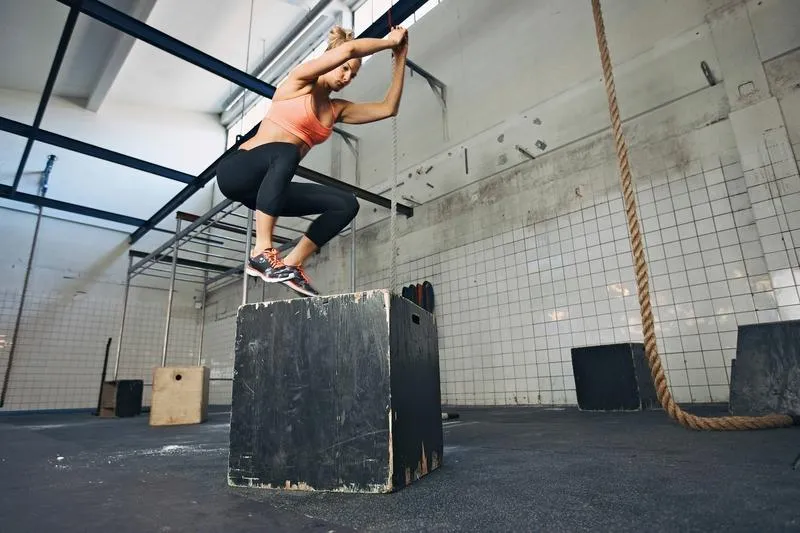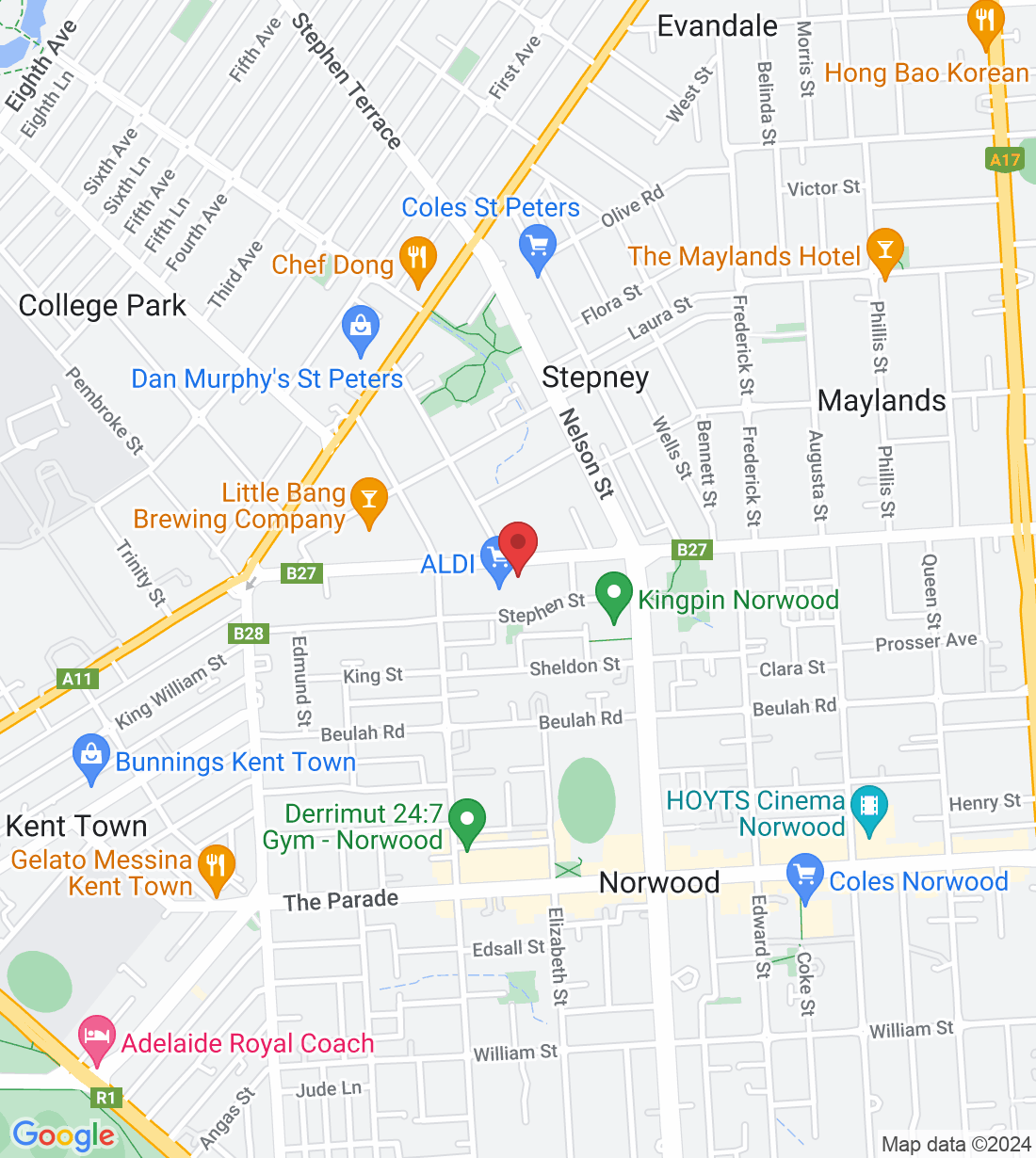
The Menstural cycle and the Female athlete
This is a topic that brings much debate in the sporting world. Debate is great as it brings a a deeper understanding on a topic and forces both sides to consider an alternative narrative. This is what fosters innovation and critical thinking and from this research and finally evidence which we can then put into practice.
With the boost in interest in womens sport in recent years, the question has remained "should we consider the impact of the menstural cycle when training female athletes"?
A simple answer - which I heard once again quite recently on a physio podcast - a discussion between two male physio's - what that "no" we don't need to consider it because it is so variable and intangible. There are so many factors that we can easily control such as fitness and skill that are far more important and easily measurable. Boosting these clearly identifiable objective measures will give us the best overall picture and training program.
The alternative is, yes, lets monitor athletes cycle and her symptoms and then tailow as best we can to ensure she trains and performs at her best.
Lets look at the Menstural cycle and theorise how it might influence an athletes training/performance.
The Menstrual Cycle 101
Menstrual Phase (Days 1-5):
The start of the cycle brings with it the menstrual/period/bleeding phase. So this is the first point. Many women will experience a heavy flow on those first couple of days. How does this work with white shorts/ tightness/ skirts? Many women use pads to manage their flow these get bulky. A female athlete may feel self conscious in tight or short shorts/ bottoms. An easy fix is having alternate options for athletes to wear on training days and just not making playing/performing uniforms white and tight!
Oestrogen levels are at their lowest at this time. For those that don't know, Oestrogen is hormone that makes us wome feel amazing both physically and mentally. When it drops or is low both of those factors can be affected. Energy levels are often low, as is appetitie. Sleep is poor which affects recovery and promotes fatigue. Fatigue promotes injury!
So this is not the time to be doing fitness testing or time trials! Instead this is the time to schedule in drop down or extra recovery sessions, lower intesity sessions
, which can affect energy levels and recovery ability. Some women may experience discomfort or even pain during this phase or feel quite off. Appetite is often decreased too.
It's crucial to recognise that modifying workouts to how well the woman is feeling during this time is perfectly okay. Consider incorporating lower-impact or less vigorous exercises and allowing for ample rest.
Follicular Phase (Days 6-14):
As oestrogen levels rise during this phase, generally so does energy and capacity. Appetite is back to being strong and restful sleep comes easier which helps recovery. This is the time to seize the opportunity for more intense training sessions. Embrace the strength that comes with these hormonal changes.
Ovulatory Phase (Days 15-17):
The ovulatory phase marks the peak in oestrogen, creating a potential window for optimal performance. Be mindful of increased core body temperature and stay hydrated during vigorous workouts. Some women may experience discomfort with Ovulation so be mindful of an 'off' session.
Luteal Phase (Days 18-28):
The luteal phase is where the Oestrogen levels initially decline rapidly and then have a quick surge around day 24 before plummeting to trigger the next cycle. This variability may present challenges like mood swings, headaches and progressive fatigue. Listen to your body and adjust training intensity accordingly. Incorporate magnesium-rich foods to support mood stability and, of course, keep that hydration game strong.
Training Strategies
Communication
Open dialogue between athletes and coaches is paramount. Discuss how you feel during different phases to adjust training plans accordingly. Communication is the key to a successful training partnership.
Individualised Programs
Having coaches recognise that one size does not fit all when it comes to training. Tailoring workout plans to individual needs, accommodating energy levels and potential discomfort is the key to successful working with a female athletes menstrual cycle. Having flexibility in workouts ensures that each athlete can perform at their best.
This may mean having a series of programs depending on where an athlete is in her menstrual cycle.
Breaking Down Stigma
Historical stigma has cast a shadow on menstruation in sports, hindering open conversations. Positive initiatives, including athletes speaking out and organisations promoting menstrual health awareness, are paving the way for change.
Education
Education is our most potent tool against stigma. Dispelling myths and fostering a supportive environment begins with understanding. Coaches, teammates, and sports organisations, it's time to actively engage in menstrual health education.
Conclusion
Understanding and supporting female athletes throughout their menstrual cycles is not just about sports—it's about empowerment. By breaking down barriers and embracing open conversations, we contribute to the overall well-being and performance of every athlete, regardless of gender.
So, let's champion menstrual health awareness in sports, one conversation at a time. Share this knowledge, support your teammates, and together, let's redefine the game.
Ask a question of Vital Core Physiotherapy
Fill in the form to request a Call From Our Team
One of our team will call you for FREE and answer any questions or concerns you may have about your condition
© 2023 Vital Core Physiotherapy





